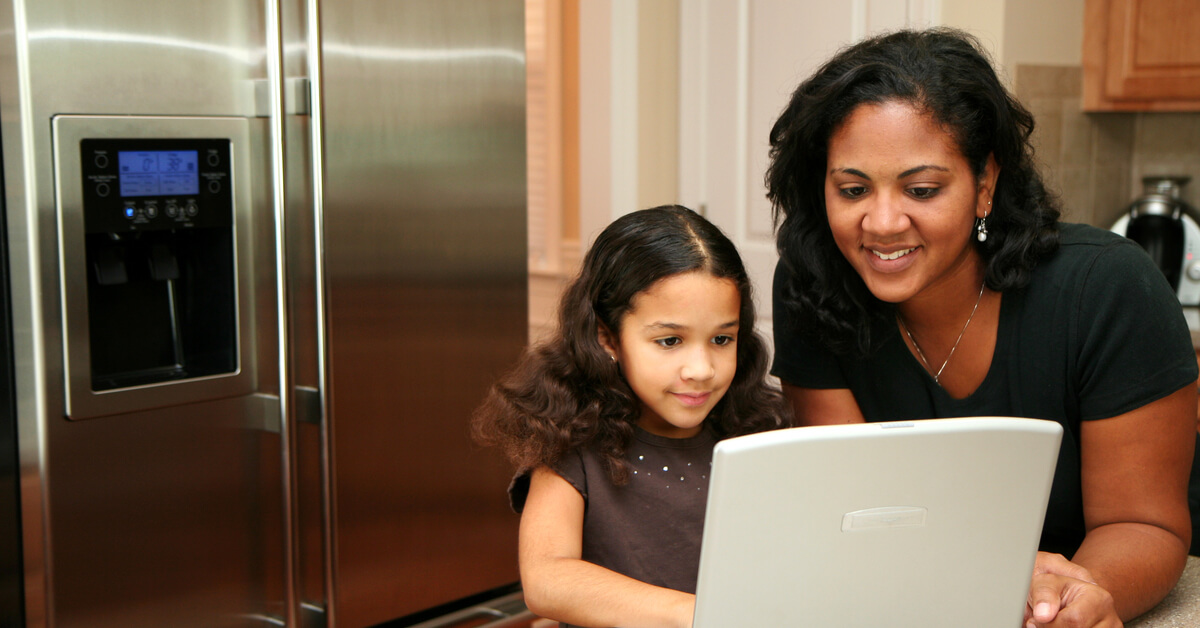When I work in middle schools throughout the country on digital health and well-being, one prompt I often give in our workshops is to name and describe their Askable Adult. An Askable Adult is a trusted adult in their lives who helps to take care of them. Hands fly up as they proudly share the names and character strengths of those adults. Usually later in the evening, during a parent presentation, I’ll tell the grownups about their child’s gushing and they never believe how much their middle school child values and respects them. It’s sometimes hard to know where we stand day-to-day, but our young people are proud of us. And they really need us — especially to support the healthy development of their life online.
During middle school, social relationships start to become primary for our children. They want to be connected on screens and away from screens as much as possible. They want to start building autonomy and agency in their lives and decisions. Though it may seem that they are growing up and away from us, they need us more than ever. They need us as mentors and guides. They need boundaries and expectations. They need…


